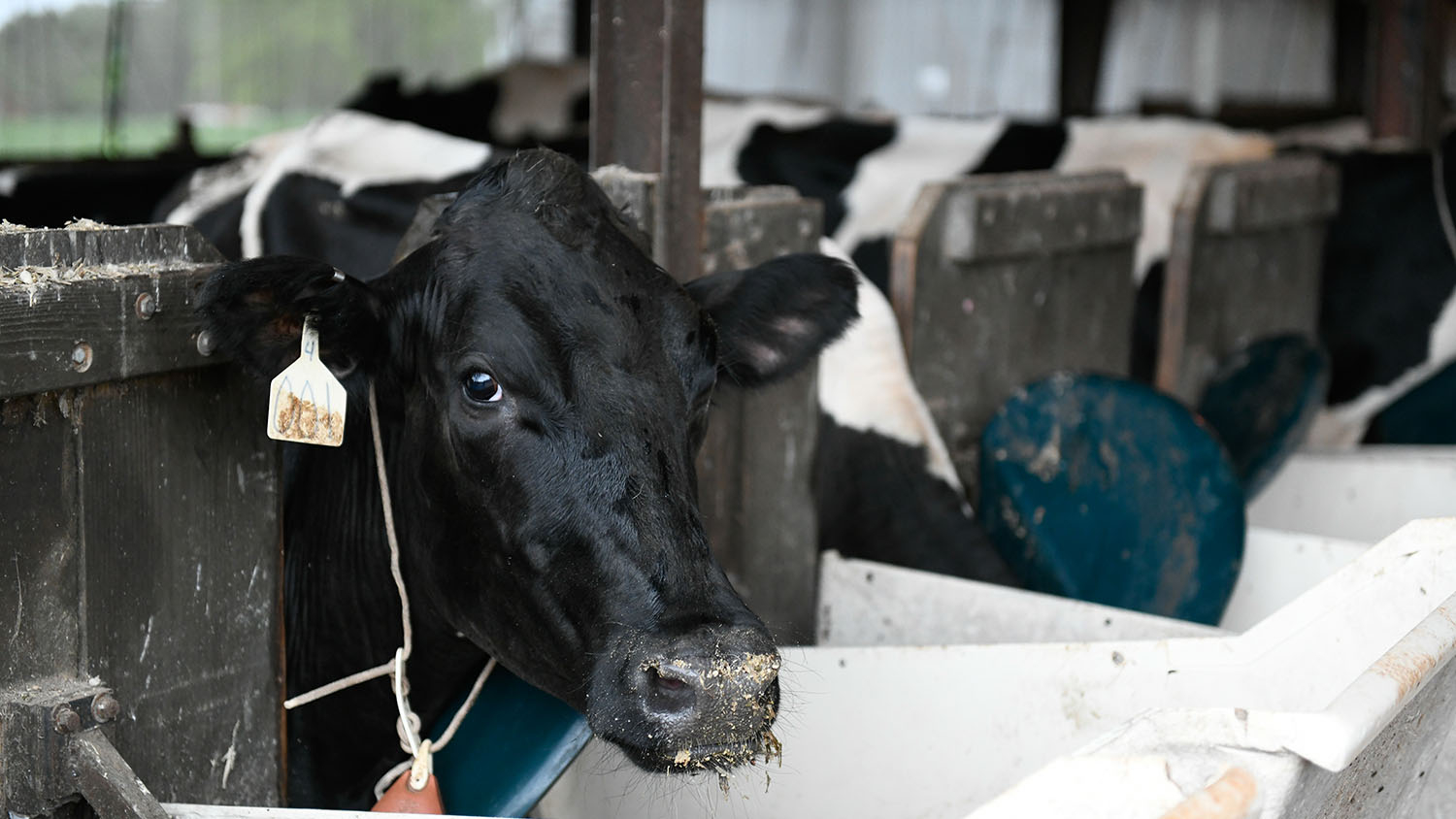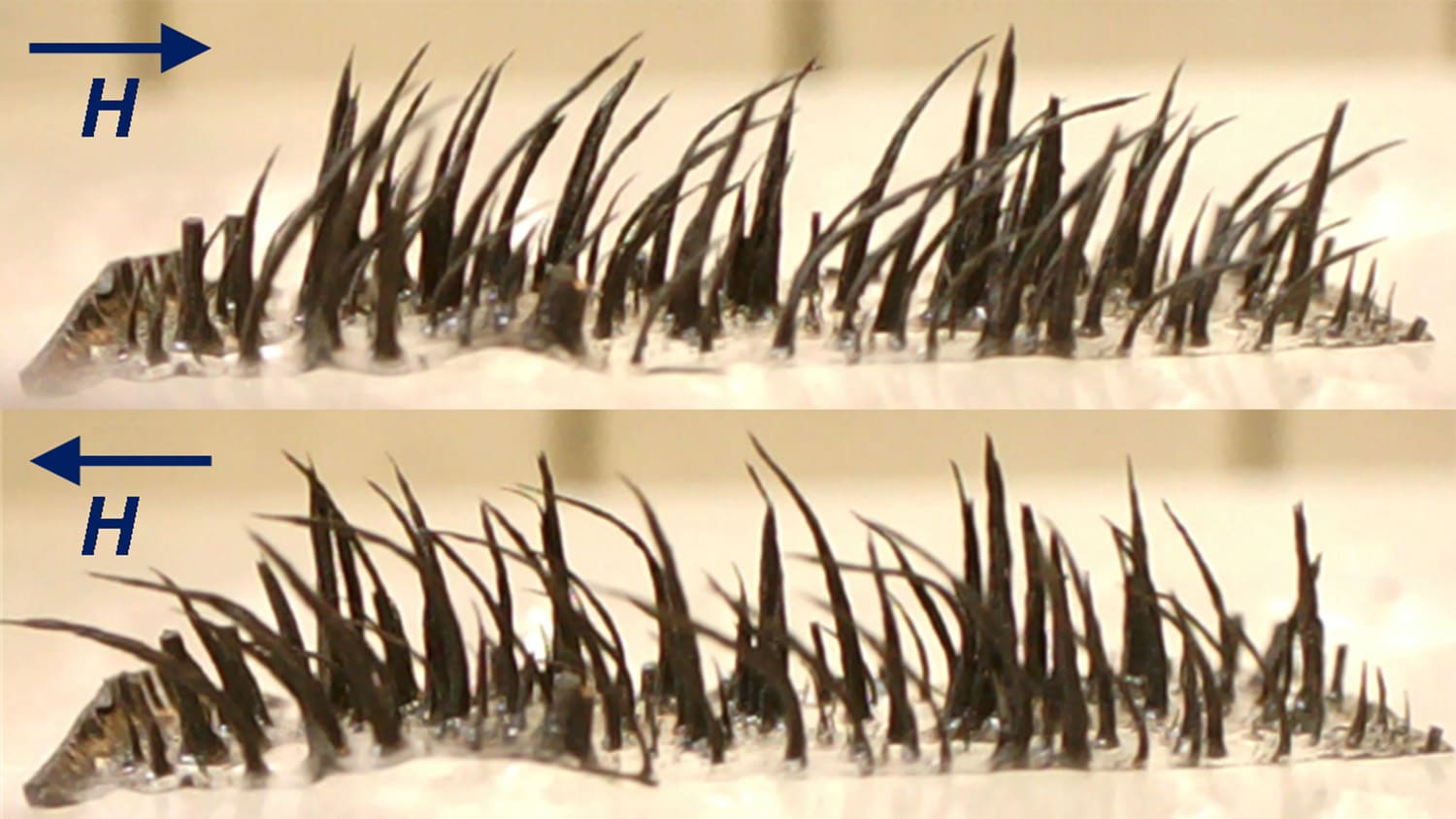Ahead of Schedule
For most established scientists with Ph.D.s, getting published in the scientific journal Nature is a career highlight. So imagine getting published in Nature as an undergraduate!
That’s exactly what happened to Adam Keith, an recently graduated NC State senior with a double major in physics and applied mathematics, after he took part in an REU (research experience for undergraduates) program.
REUs are 10- to 12-week research programs funded by various government agencies and foundations that give undergraduates real-world experience in laboratory research, either at NC State, other universities, or national laboratories. Typically, participating students are given a small stipend along with free room and board, as well as travel expenses for the duration of the program. Keith’s REU was a 10-week program funded by the National Science Foundation.
Keith, who also serves as a student ambassador for the College of Physical and Mathematical Sciences, knew about REUs from the beginning of his college career.
“We tell incoming high school seniors that they will have the opportunity to do real research,” he says. “There’s a big emphasis on participation and the number of spaces is limited, so competition can be pretty fierce.”
Keith’s REU was through Georgetown University, and the theorist he worked with, Dr. Jim Freericks, also collaborates with a group at the National Institute of Science and Technology (NIST) lab in Boulder, Colo. As a result, Keith was able to work with researchers from both places even though he was based at Georgetown. His work involved trying to figure out how ions interact with one another so that one day they can be used to make super-fast “quantum” computers.
Since he has a minor in computer science, and a good background in quantum mechanics, “I was able to jump right in,” Keith says. “I wrote some computer code to help with the simulations we were doing to try and figure out whether our theories about the ions were in line with the actual data from the experiments.”
The research was considered groundbreaking enough to be published by Nature, and Keith’s contribution earned him a co-author’s credit on the paper. Not too shabby for a first-timer.
The experience had some other lasting impacts as well.
“Really, the best thing about it was that it helped me narrow down what I was interested in,” Keith says. “Sometimes this is really hard for physics majors because there’s such a wide array of topics. I decided to apply to (the University of Colorado at Boulder), near the NIST lab, and I’ll be headed there for graduate school next fall.”
- Categories:


